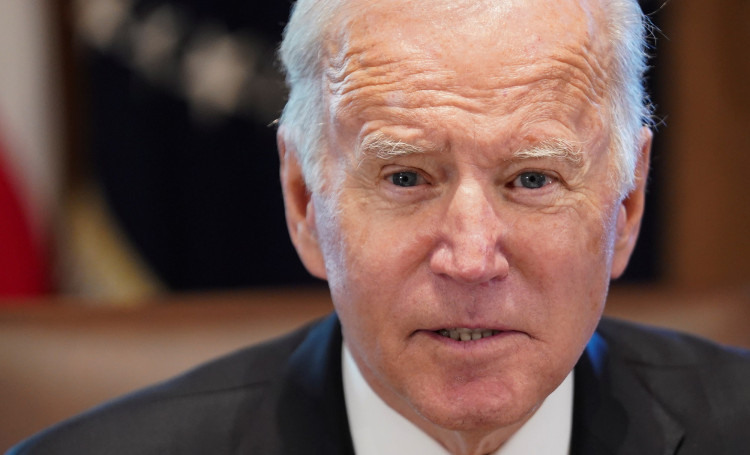The House, under Republican leadership, is gearing up to vote on Wednesday on the vital debt ceiling legislation jointly negotiated by Speaker Kevin McCarthy and President Joe Biden, an effort to stave off a potential fiscal disaster.
Despite facing resistance from some conservative quarters within the GOP who claim the proposed cuts and conservative stipulations fall short, the bill progressed to the floor, with the House Rules Committee offering its approval on Tuesday night with a 7-6 vote.
Speaker McCarthy, from California, expressed optimism, stating, "I'm confident we'll pass the bill," to the press on Tuesday.
A vote on the "rule" is slated to take place this afternoon, a procedure that, in this case, is expected to require Democratic backing. Success here means the bill would then be up for a short discussion followed by a vote later in the day.
If the House gives its approval, the bill would then advance to the Democrat-majority Senate, requiring 60 votes to reach President Biden's desk. Senate Majority Leader Chuck Schumer, a Democrat from New York, and Minority Leader Mitch McConnell, a Republican from Kentucky, have both endorsed the bill.
The White House has been advocating for a swift endorsement of the bill as the nation inches closer to Monday's deadline to increase the debt ceiling, failing which could lead to a potentially disastrous default on national debt. The proposed legislation pairs a two-year debt limit extension with a two-year budget deal featuring modest spending cuts.
Hardliner members from the Republican side are expected to vote against the bill, asserting that it doesn't deliver adequate spending cuts to secure their vote. This implies that Democratic support will be instrumental in pushing the bill over the line, despite Democratic leaders maintaining that the responsibility primarily lies with Republicans.
As House Minority Leader Hakeem Jeffries, a Democrat from New York, communicated, "My expectation is House Republicans will keep their commitment to produce at least two-thirds of their conference, which is approximately 150 votes." He reiterated Democratic commitment to prevent a default.
Jeffries remained tight-lipped about the expected number of Democratic votes for the rule or the legislation but expressed confidence about the debt ceiling being extended in due time.
Meanwhile, McCarthy anticipates the final vote on Wednesday to be bipartisan, stating, "Any time there's an agreement with two parties, there's always two parties who vote for it at the end."
The legislation, if passed, would set spending limits for the next two years and incorporate conservative provisions to reclaim roughly $28 billion in unused Covid relief funds, remove $1.4 billion in IRS funding, and redirect approximately $25 billion of the $80 billion allotted to the IRS through the Inflation Reduction Act to nondefense funding.
However, the bill has drawn severe criticism from conservative members like Rep. Dan Bishop, a Republican from North Carolina, who described the conservative policy provisions as mere "fictionalized suggestions of change" that are trivial.
As the bill awaits its fate in the House, Senate Majority Leader Schumer urges swift action to prevent default, saying, "Senators must be prepared to act with urgency to send a final product to the president's desk before the June 5 deadline."





